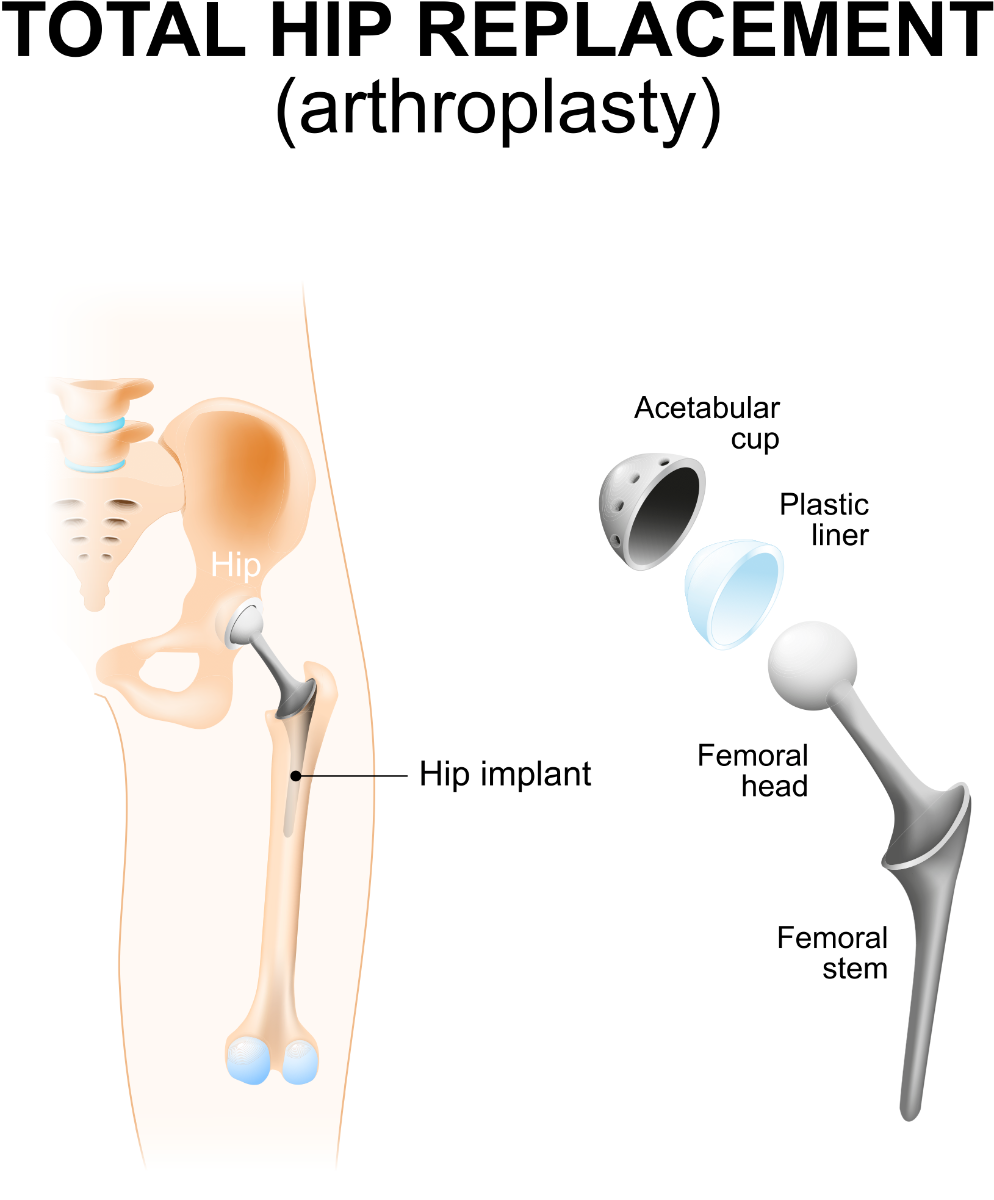Before you decide to have any type of hip replacement though you should carefully consider all your options for treating hip arthritis.
Hip replacement anesthesia options.
Before surgery you will meet an anesthesiologist and a certified registered nurse anesthetist crna who will work with the anesthesiologist.
One study of nearly 11 000 joint replacement patients found regional anesthesia patients spend a full day less in the hospital 5 7 days versus 6 6 for general anesthesia.
All of this adds up to lower surgical risks shorter recovery times and lower overall medical costs.
Read on to learn about the available treatment options for hip arthritis.
Anesthesia is used to eliminate the pain felt during a procedure.
For major surgery such as hip or knee replacement local anesthesia may be used to complement the main type of anesthesia that is used.
The anesthesiologist will review your medical history and talk with you about your anesthesia options.
Hip replacement surgery is a procedure in which a doctor surgically removes a painful hip joint with arthritis and replaces it with an artificial joint often made from metal and plastic components.
For this procedure the two most commonly.
Regional anesthesia involves blocking the nerves to a specific area of the body without affecting your brain or breathing.
Anesthesia options for hip replacement.
This technique is reserved for minor procedures.
Hip replacement surgery involves removing part of the hip joint and replacing it with an artificial joint that has a ball component made of metal or ceramic and a metal socket that has a liner made of plastic.
Your choice depends on your surgery medical and surgical history and physical condition.
Hip replacement the following reviewers and or references were utilized in the creation of this video.
So many hip replacement options need to be considered.

